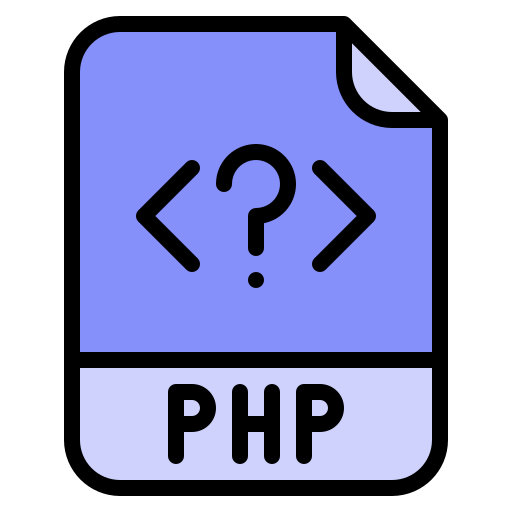
In the ever-evolving landscape of web development, choosing the right technology stack is crucial for the success of any project. Among the myriad options available, PHP stands out as a versatile, robust, and widely-used server-side scripting language. Since its inception in 1994, PHP has become a cornerstone of modern web development, powering millions of websites and applications across the globe. This article delves into the comprehensive benefits of PHP product development, examining its key features, practical applications, and the specialized services that cater to diverse business needs.
PHP Features and Benefits
PHP, or Hypertext Preprocessor, offers an array of features that contribute to its popularity among developers and businesses alike. One of the foremost advantages of PHP is its speed and efficiency. PHP scripts are executed on the server side, which ensures rapid processing and delivery of web pages. This efficiency is particularly beneficial for high-traffic websites and complex web applications, where performance is a critical factor.
Another significant benefit of PHP is its cross-platform compatibility. PHP can run seamlessly on various operating systems, including Windows, Linux, and macOS, making it a flexible choice for developers working in different environments. Additionally, PHP is open-source, meaning it is free to use and supported by a vast community of developers who continuously contribute to its improvement and expansion. This open-source nature not only reduces development costs but also ensures that developers have access to a wealth of resources and support.
The extensive support and community around PHP are further bolstered by the numerous libraries and frameworks available. These tools enhance PHP’s capabilities and streamline the development process, allowing developers to build sophisticated applications more efficiently. Frameworks such as Laravel, Symfony, and CodeIgniter offer pre-built modules and functionalities that simplify common tasks, from database management to authentication, thus reducing the time and effort required to develop robust web applications.
Applications of PHP Development
The versatility of PHP allows it to be employed in a wide range of web solutions, making it an ideal choice for various types of projects. One of the primary applications of PHP is in website development. PHP enables the creation of dynamic and interactive websites that can respond to user inputs and deliver personalized content. This capability is essential for modern websites that aim to provide a rich user experience.
Beyond website development, PHP is also used extensively in developing enterprise portals. These portals serve as centralized platforms that facilitate communication, collaboration, and information sharing within large organizations. By leveraging PHP, developers can create feature-rich enterprise portals that integrate seamlessly with existing systems and provide a unified interface for users.
PHP’s prowess in handling e-commerce solutions is another testament to its flexibility. Online stores built with PHP can manage high volumes of transactions, offer secure payment processing, and deliver a smooth shopping experience to customers. The ability to integrate with various payment gateways and third-party services further enhances PHP’s suitability for e-commerce development.
Document management systems (DMS) are another area where PHP excels. A DMS developed in PHP allows organizations to store, manage, and retrieve digital documents efficiently. These systems often include features such as version control, access permissions, and collaboration tools, which help streamline document workflows and improve productivity.
Content management systems (CMS) represent another prominent application of PHP. CMS platforms like WordPress, Joomla, and Drupal, which are built on PHP, empower users to create, edit, and manage website content with ease. These systems provide a user-friendly interface and a range of customization options, making it simple for non-technical users to maintain their websites.
Frequently Asked Questions
What is PHP used for?
PHP is primarily used for web development to create dynamic and interactive web pages.
Is PHP free to use?
Yes, PHP is an open-source language and is free to use.
What are the benefits of using PHP?
PHP offers speed, efficiency, cross-platform compatibility, and extensive community support.
Can PHP handle large-scale applications?
Yes, PHP can be used to develop large-scale applications such as enterprise portals and e-commerce solutions.
Custom Software Development Services
While standard solutions can address many business needs, there are scenarios where custom software development is necessary to meet specific requirements. PHP development services offer tailored solutions that are designed to address unique challenges and objectives. These custom services include the development of bespoke web applications that cater to the distinct needs of a business, ensuring that the final product aligns perfectly with the intended goals.
One of the key advantages of custom PHP development is the ability to build applications that integrate seamlessly with existing systems. Whether it’s connecting with legacy databases, incorporating third-party APIs, or ensuring compatibility with other software platforms, custom PHP solutions are designed to work harmoniously within the broader IT ecosystem.
For further reading, you can explore more about how learning programming can pave the way to a life of luxury here. Additionally, if you’re looking for tips on completing assignments quickly, check out this resource here.



